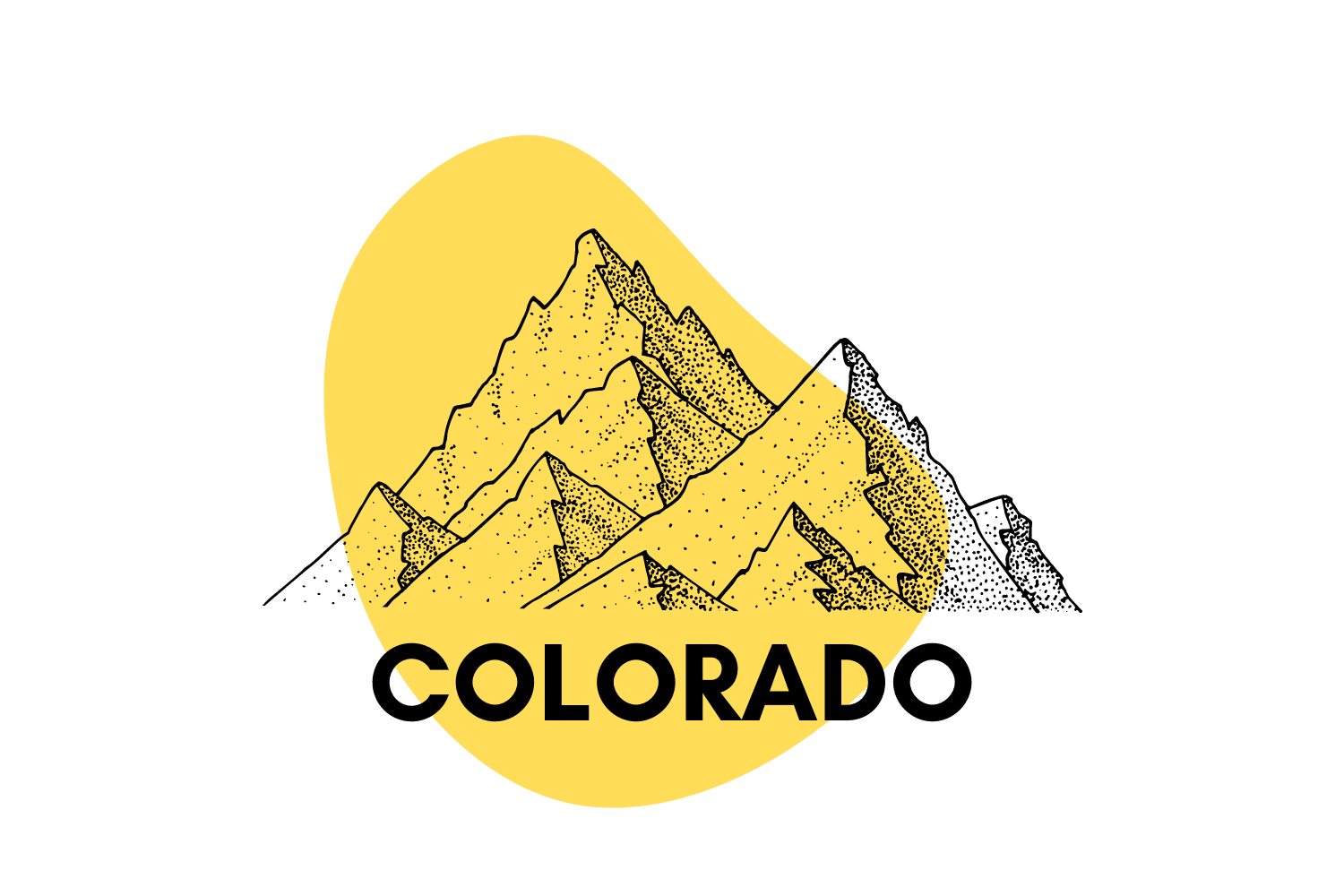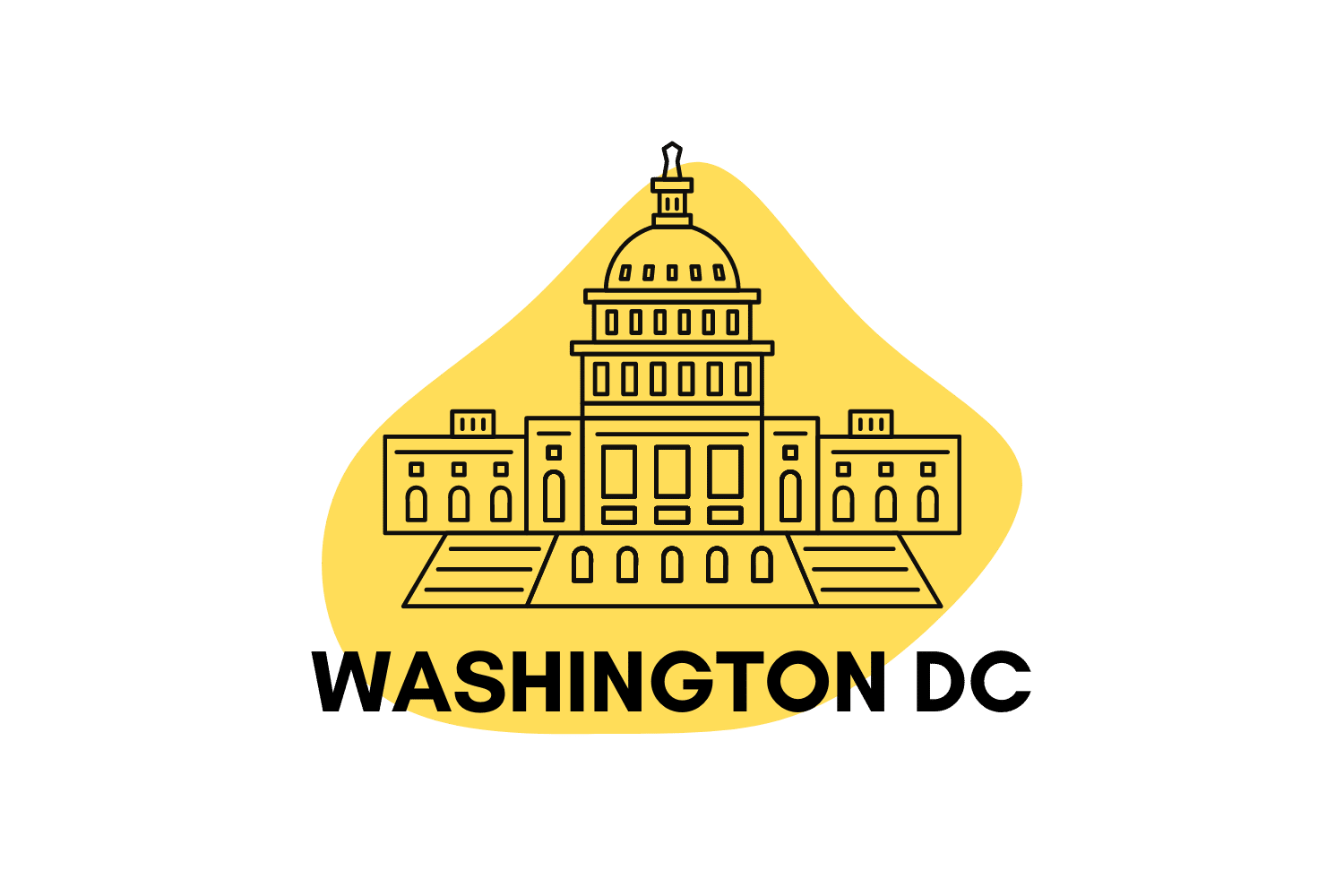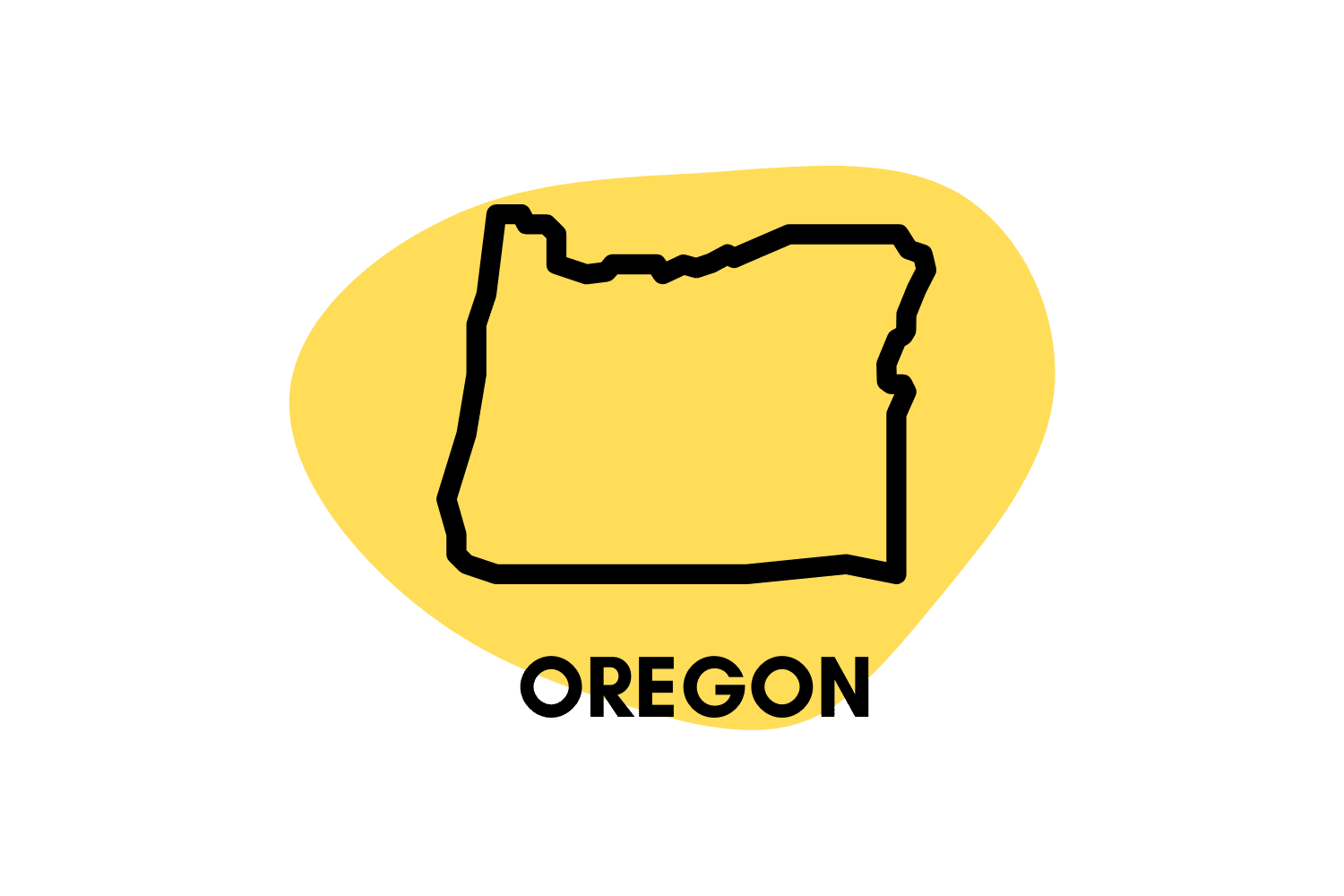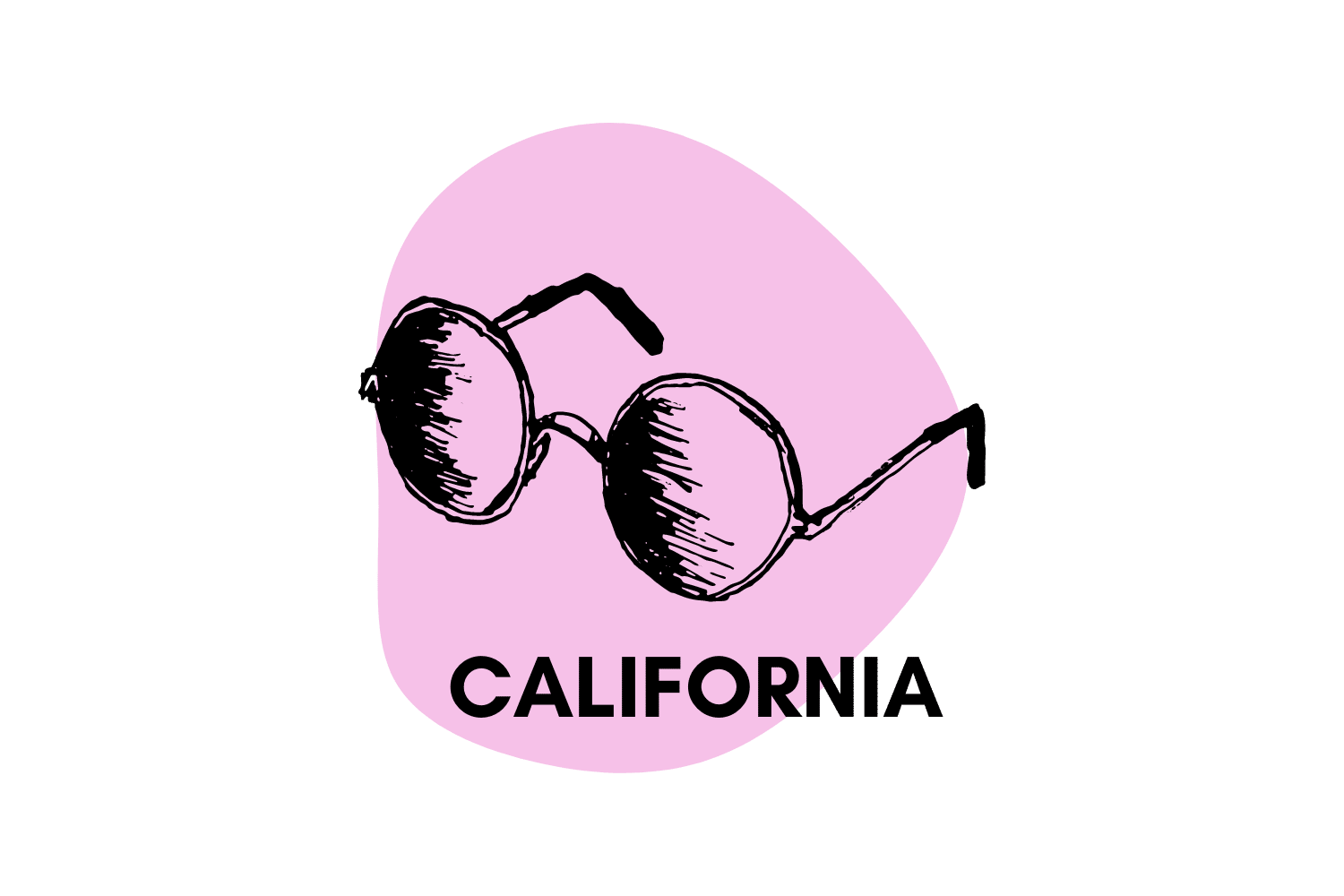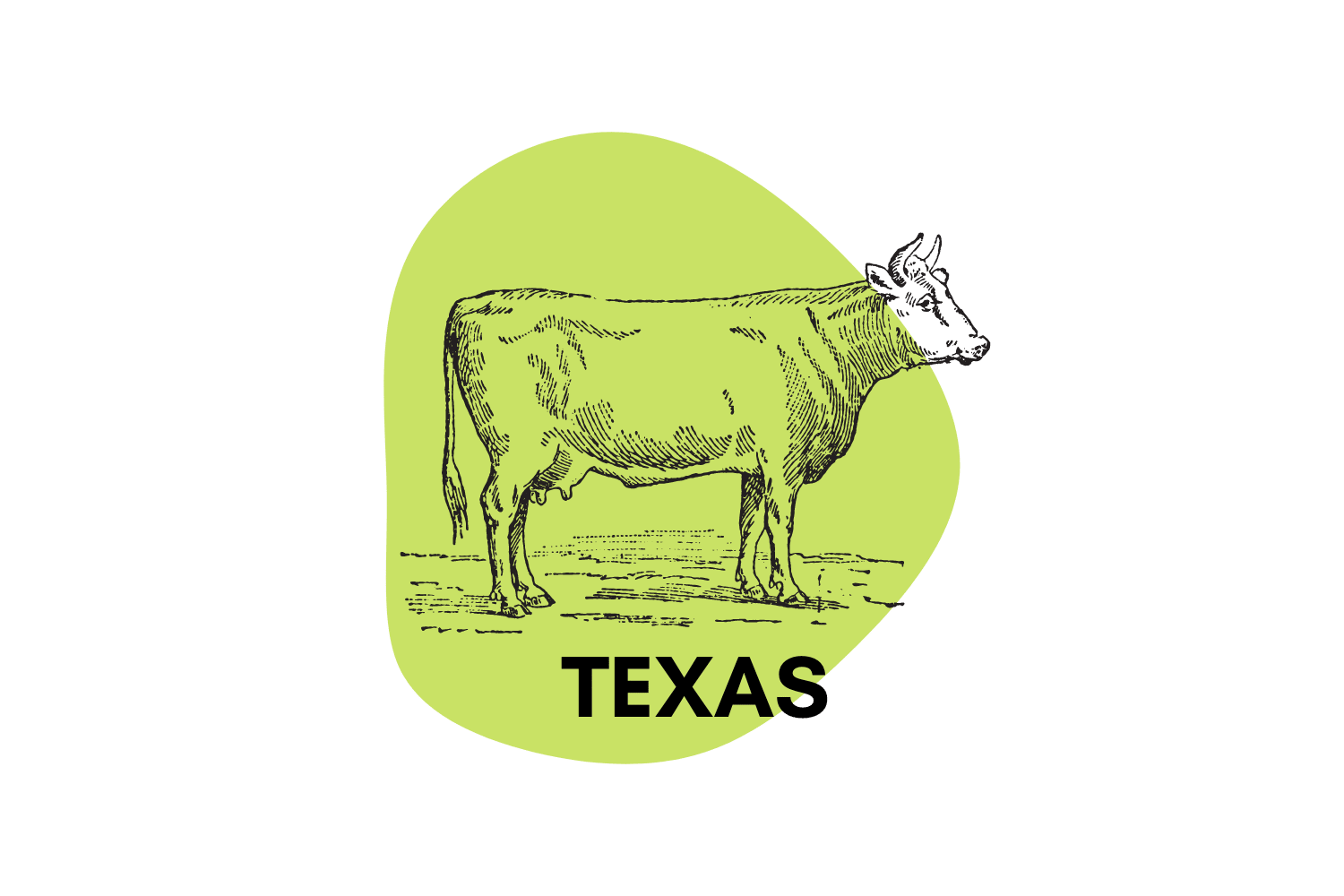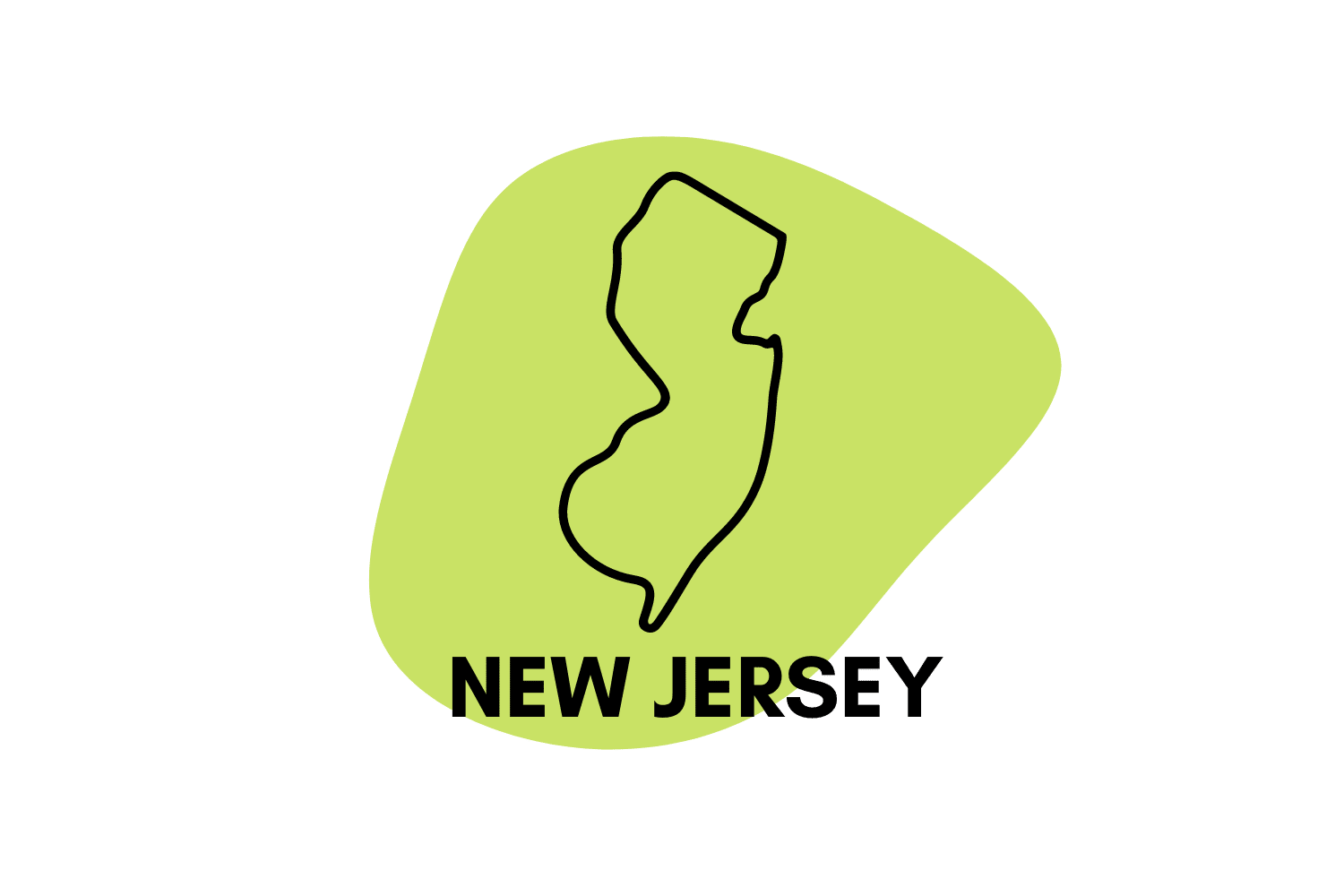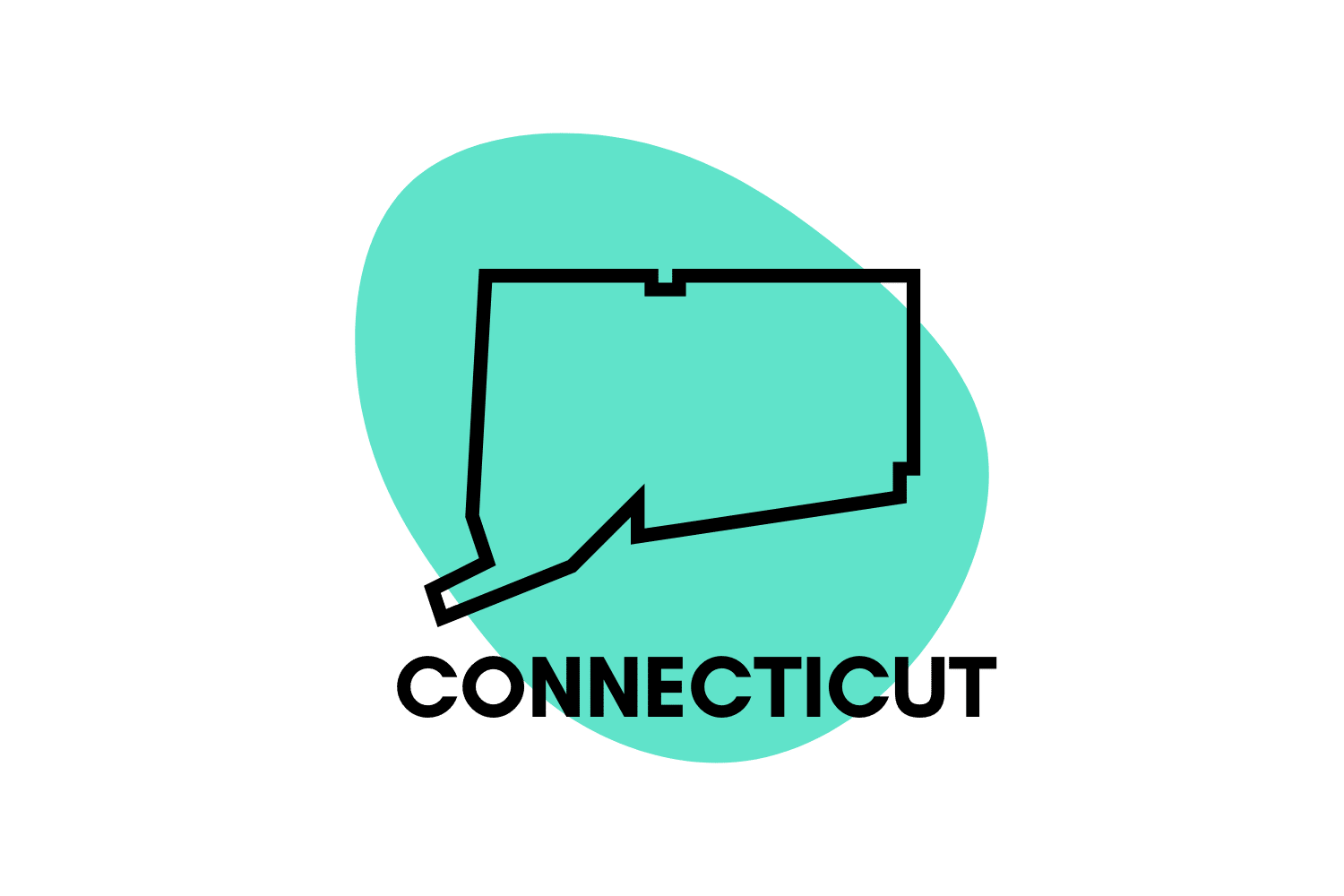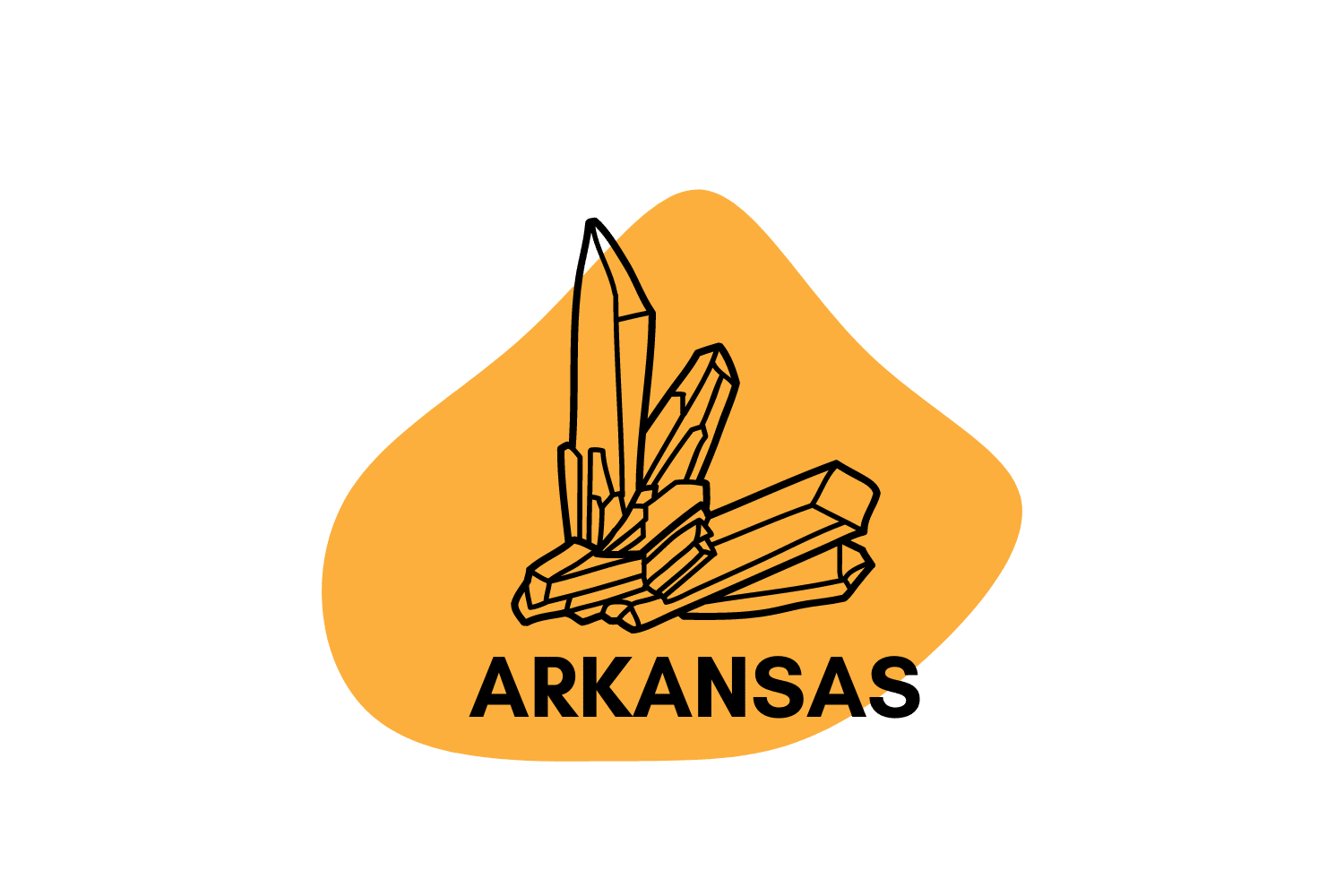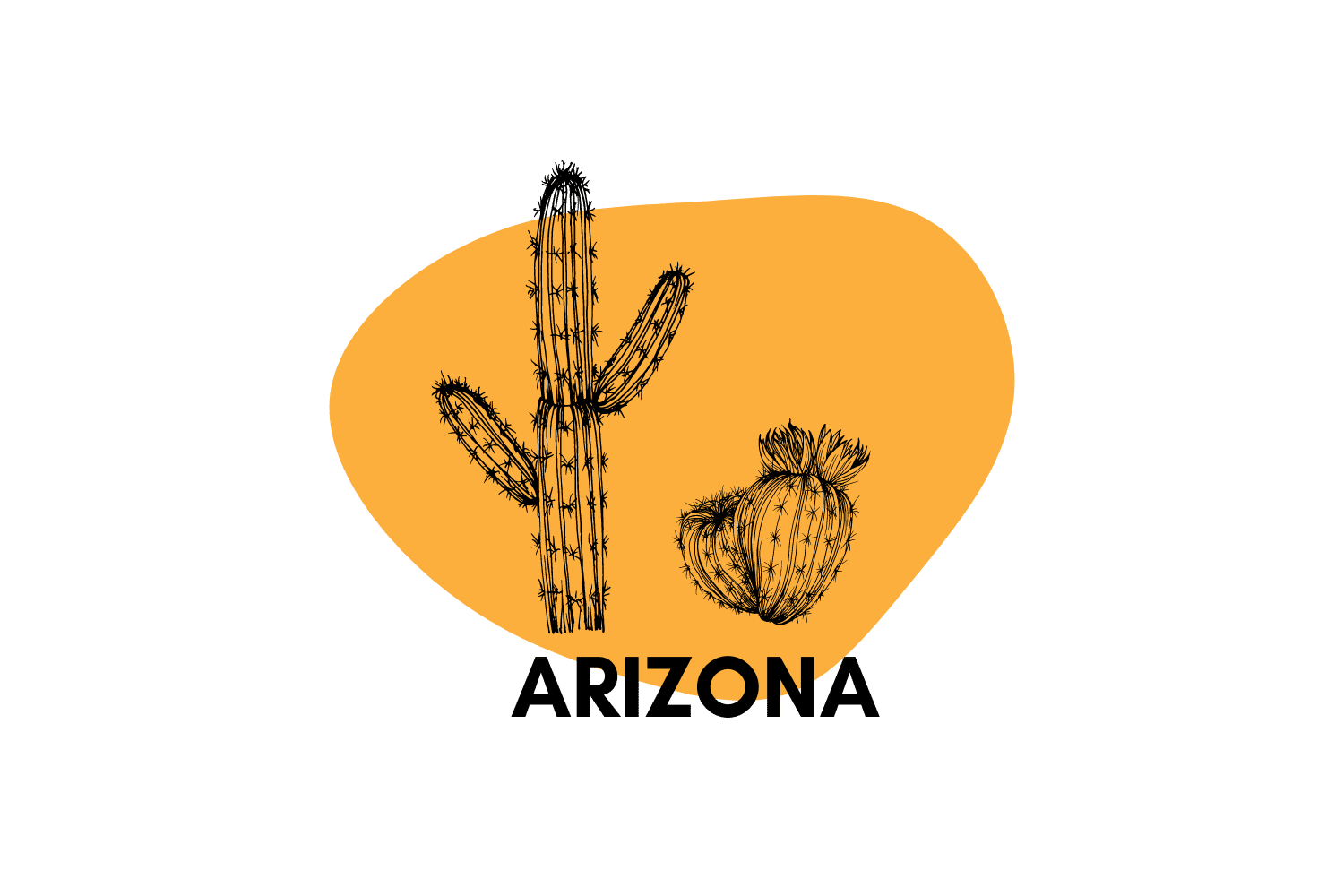Somerville Opens the Door to Decriminalization of Magic Mushrooms in the Bay State
Success with psychedelic decriminalization is one more reason Somerville is one of the best places to live in Massachusetts.
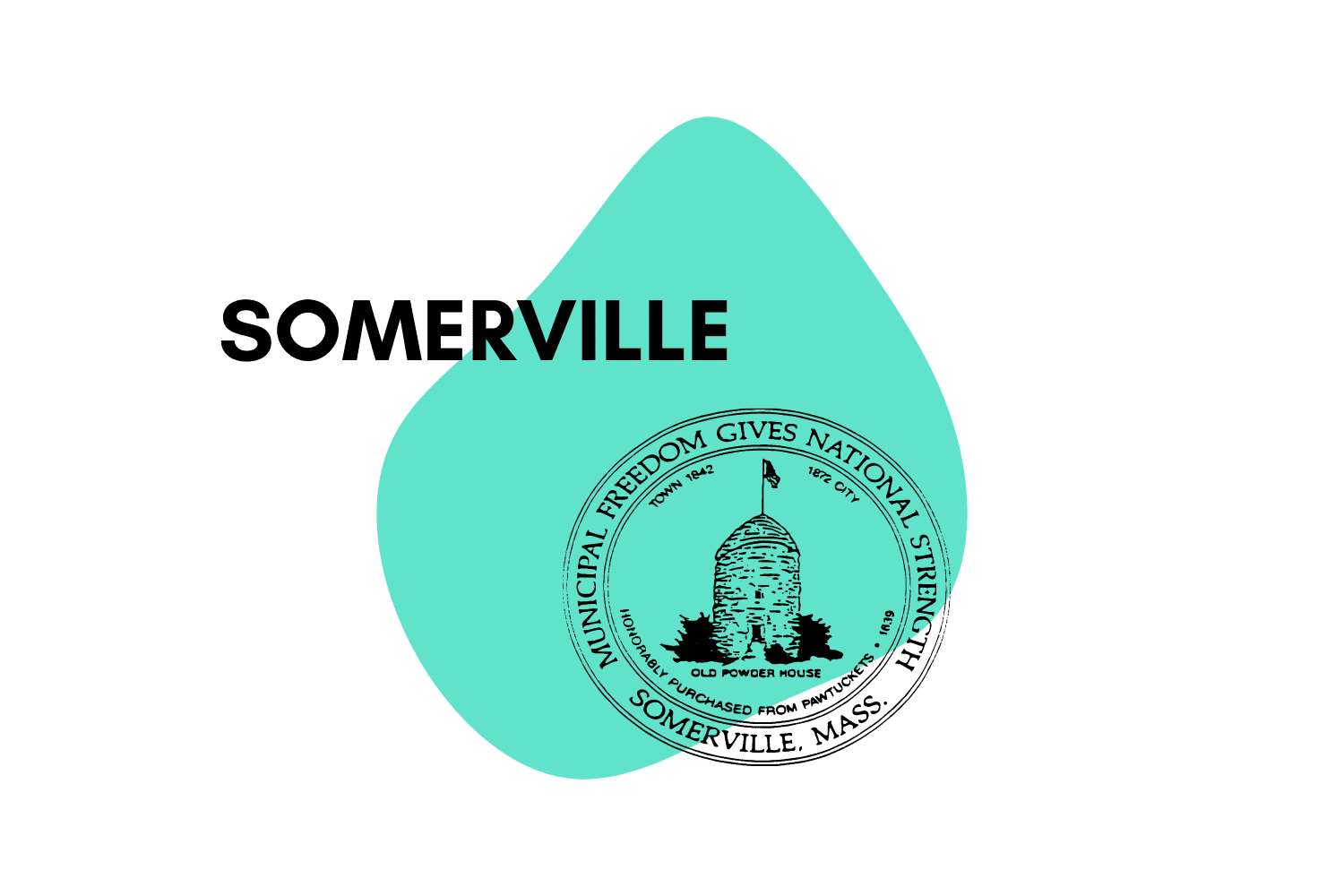
Somerville has won the National Civic League’s All-America City Award three times. It’s two miles due north of Boston and has a population of just over 81,000 people.
In January 2021, the City Council of this All-America City voted unanimously to decriminalize entheogenic plants and fungi. The most popular are psilocybin mushrooms — better known as “magic mushrooms.”
In this article, we will discuss the particulars of the resolution and its expected impact. We will also share some of the medical benefits of entheogenic plants and the growing interest in decriminalizing them.
It’s A Matter Of Public Health
The Somerville Resolution Supporting the Decriminalization of Entheogenic Plants resolves that “the use and possession of all controlled substances should be understood first and primarily as an issue of public health by city departments, agencies, boards, commissions, and all employees of the city.”
“Given the failure of the war on drugs, it’s time for us to rethink how we approach substance use and what is criminalized,” then-Mayor Joseph Curtatone said. “There is evidence that entheogenic plants can be helpful for some people, so this is also a form of harm reduction, ” he added. The resolution was sponsored by every single member of the City Council — and the mayor!
Entheogenic Plants Covered by the Resolution
Entheogenic plants are plants that contain a “naturally occurring” psychedelic compound. Plants and compounds covered by the Somerville resolution include:
1. Psilocybin & Psilocin
Psilocybin, the active ingredient in magic mushrooms, has been touted as an effective treatment for depression and PTSD. However, researchers at Johns Hopkins University say the most promising potential for psilocybin is for the treatment of addiction — including smoking, alcoholism, cocaine, and opioid addictions.
In 2018 the U.S. Food and Drug Administration granted psilocybin “breakthrough therapy status” to allow for research into its potential for therapeutic use. Breakthrough therapy, as defined by the FDA, is a level of legalization that gives researchers the okay to “expedite the development of a drug after preliminary evidence shows the drug may demonstrate substantial improvement over available therapy.”
Other medical benefits of psilocybin include:
- Depression
- Existential anxiety
- Obsessive-compulsive disorder
- Cognitive decline in Alzheimer’s patients
- Cluster headaches
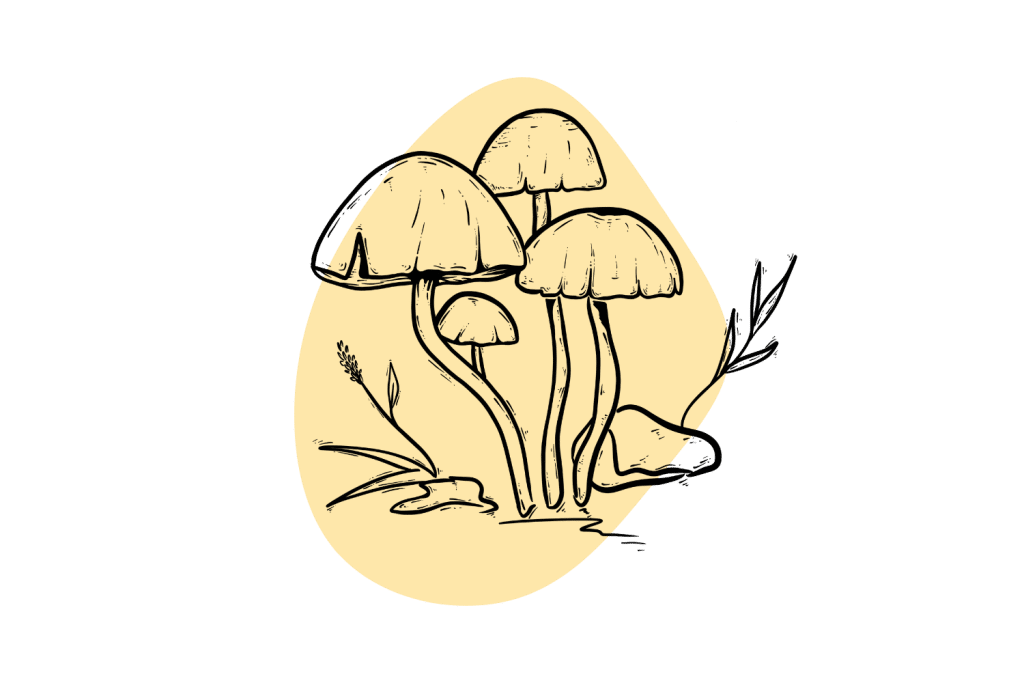
2. Ayahuasca
Ayahuasca, a beverage made by brewing plants found in the Amazon rainforest, is usually made with the Banisteriopsis caapi vine and the hallucinogenic plant Psychotria Viridis. But it can be made with any plant containing DMT brewed with one containing a DMT inhibitor, which prolongs the effect and increases the intensity of the concoction.
Nearly 80% of people who used Ayahuasca reported significant improvements in their mental health symptoms, according to an article published in Scientific Reports in October 2021. Many of the respondents also reported a higher quality of life.
Studies have also shown that ayahuasca can be effective in treating:
- Cocaine/opioid addiction
- Alcoholism
- Depressive disorders
- Anxiety disorders
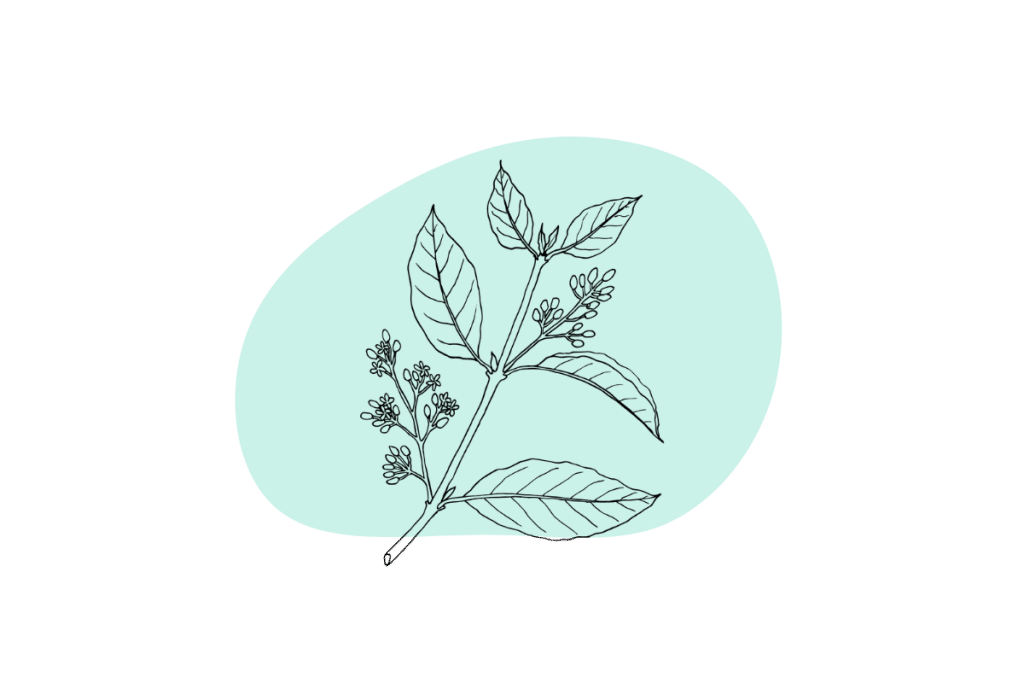
3. Iboga/Ibogaine
Ibogaine, a compound derived from the iboga shrub in central west Africa, can be an effective treatment for alcohol and drug addiction. Studies have shown that it can also help reduce symptoms of withdrawal, ease cravings, and lower the risk of relapse.
Other potential medical benefits of ibogaine include:
- Reducing fever
- Depression
- Neuropsychiatric conditions
- Increasing sexual arousal
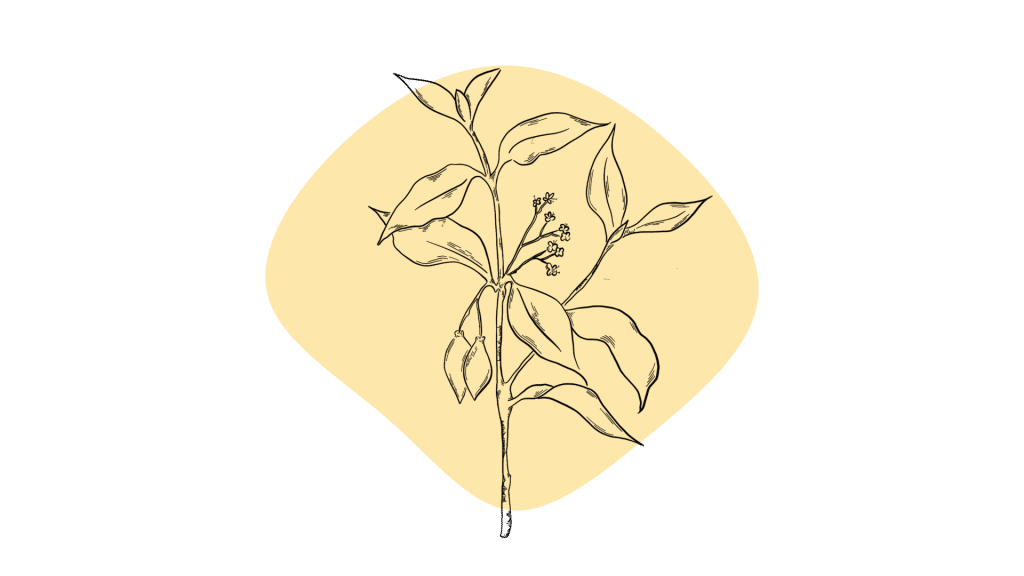
4. Cacti Containing Mescaline
Mescaline is a hallucinogenic drug that occurs in a variety of cacti native to the southwest United States, Mexico, and South America. Native Americans have used it for thousands of years in religious ceremonies and as a staple in their medicine chest.
Although mescaline is listed as a Schedule I Controlled Substance and is illegal to possess or use in the United States, it is recognized as a sacrament in the Native American Church of North America, and they can legally use it in their services.
Because of mescaline’s religious and cultural significance, and in response to pushback from Indigenous communities, some of the cities that have decriminalized entheogenic plants have excluded mescaline from their resolution. Somerville, however, includes it in its resolution.
Studies of the medical properties of mescaline have been limited by its Schedule I status. Besides its use in Native American culture, mescaline is primarily used as a recreational drug.
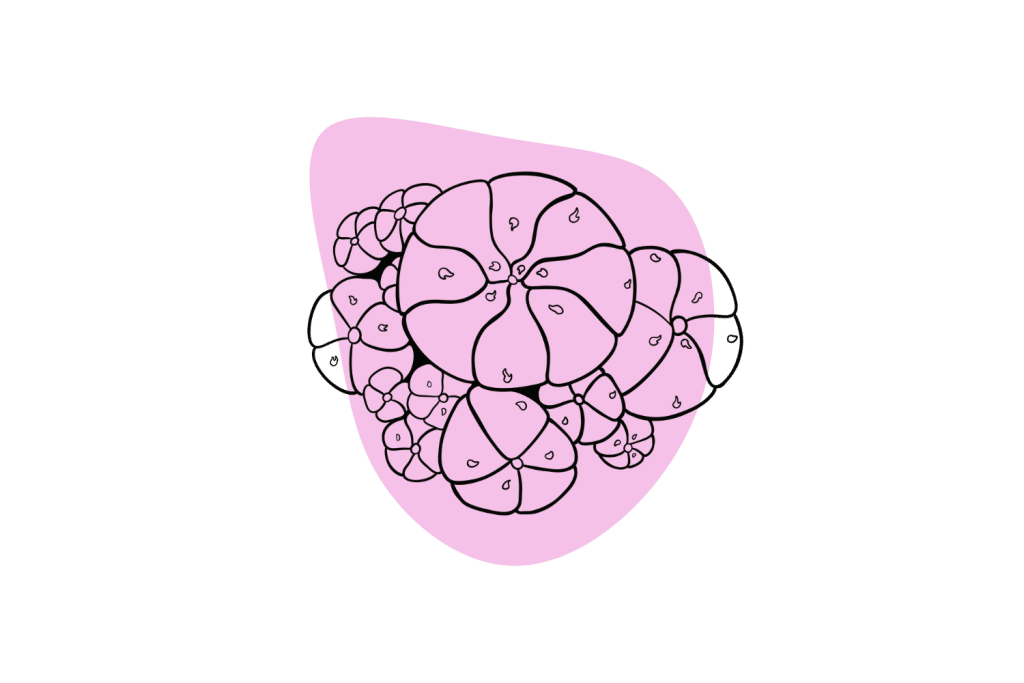
What the Resolution Does Not Support
The Somerville resolution does not “authorize or enable” the commercial sale of entheogenic plants and fungi, possessing or distributing them near schools, or driving while under the influence of the psychedelic compound in the plants.
Decriminalization vs. Legalization
To decriminalize a substance is to make the laws restricting its possession and/or use the city’s lowest law enforcement priority. Legalizing a substance is to repeal all the criminal penalties governing it.
Resolution Must Be Made Into Law
The Somerville resolution is a resolution to support the decriminalization of entheogenic plants; it does not decriminalize them. Because of the structure of the Somerville city government, the resolution must now be codified into law. This means that it must be developed into a local ordinance by the city council and the mayor.
While the resolution may not technically have any “teeth,” the unanimous support of the entire city administration and its certainty to be codified into law encourages law enforcement to abide by its “suggestions.”

Are Magic Mushrooms Available In Somerville?
Not at the present time. The naturally-occurring psychedelic compounds in entheogenic plants and fungi are Schedule I Controlled Substances, which makes them illegal in all 50 states.
However, since the Somerville Resolution Supporting the Decriminalization of Entheogenic Plants encourages law enforcement to not arrest individuals for possessing small amounts or personal use of the substances, you can probably grow your magic mushrooms.
Check with local laws before you begin to make sure there are no misunderstandings that could land you in jail.
Growing Your Own Magic Mushrooms
Magic mushroom spores do not contain psilocybin, the psychoactive agent in the mushrooms. They are available for sale online in most states in two preparations: syringes and prints. They cost between $15 – $30 each and can produce multiple harvests.
If you live in a community where magic mushrooms have been decriminalized, you can grow your own. There are two ways to do this: a mushroom grow kit and from scratch.
Mushroom Grow Kit
A mushroom grow kit is the easiest way to grow your own magic mushrooms. They have everything you need to grow the mushrooms and come with instructions that will take you from startup through harvest.
The kits start at around $50. There are more expensive kits that can cost as much as $400. It takes about 4-6 weeks for a mushroom grow kit to produce magic mushrooms.
Advantages to using a mushroom grow kit include:
- Low maintenance — Add the spores to the kit, place it in a well-lit area away from direct sunlight, and water lightly one or two times a day.
- Saves money — An “average” dose of magic mushrooms — two and a half to three grams can cost between $20-$40. A magic mushroom spore syringe or print will produce 50 grams or more of magic mushrooms. Your first harvest will recoup your entire investment.
- Safe — You have control over the quality of the mushrooms you produce.
There are a lot of mushroom grow kits available on the internet. Many of them are unreliable. Poor-quality kits can contain molds and fungi that will destroy or contaminate the mushrooms. You should always purchase your mushroom grow kit from a reputable vendor.
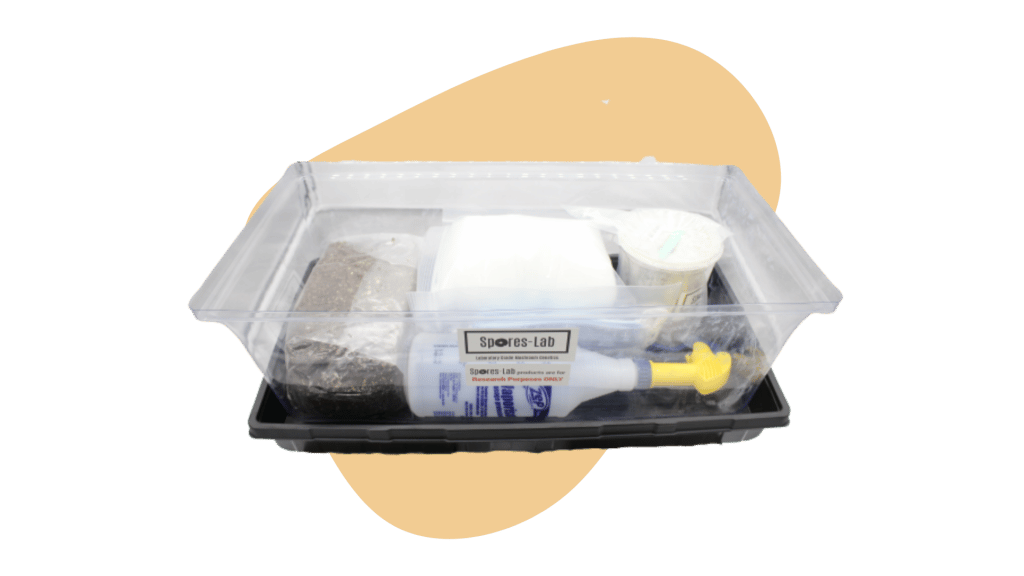
Growing Magic Mushrooms From Scratch
Much of the equipment you need to grow magic mushrooms from scratch can be found around the house. However, you will still need to make a small investment of about $200 or so into the operation.
Growing magic mushrooms from scratch is a relatively easy process, but it is hardly simple. It is very important that you follow the instructions to the letter to ensure a safe, successful operation.
Here are the steps to growing magic mushrooms from scratch:
Step 1: Preparing the Substrate — This is the material that the mycelium feeds on. The mycelium produces the mushrooms. The most common mycelium consists of vermiculite or sawdust, water, and brown rice flour. However, It can be made from a variety of substances.
Step 2: Inoculation — This is where the spores from the spore syringe or print are applied to the substrate.
Step 3: Incubation — You do not need to purchase an incubator. Any warm place in the house where the temperature is consistent will do. However, an incubator will produce more mushrooms in less time. You can make one from stuff around the house and $30 worth of materials, or buy one for about $40.
Step 4: Fruiting — Fruiting is creating the ideal environment — temperature, humidity, light, etc. — for the mycelium to produce mushrooms.
Step 5: Harvesting and Drying — You can use a dehydrator set at its lowest setting, but it is best to allow them a few days to dry naturally.
It takes about four to eight weeks from preparation to harvest to grow magic mushrooms from scratch. There is a ton of information on the internet about how to grow mushrooms this way. For your safety, make sure your instructions come from a well-established authority.
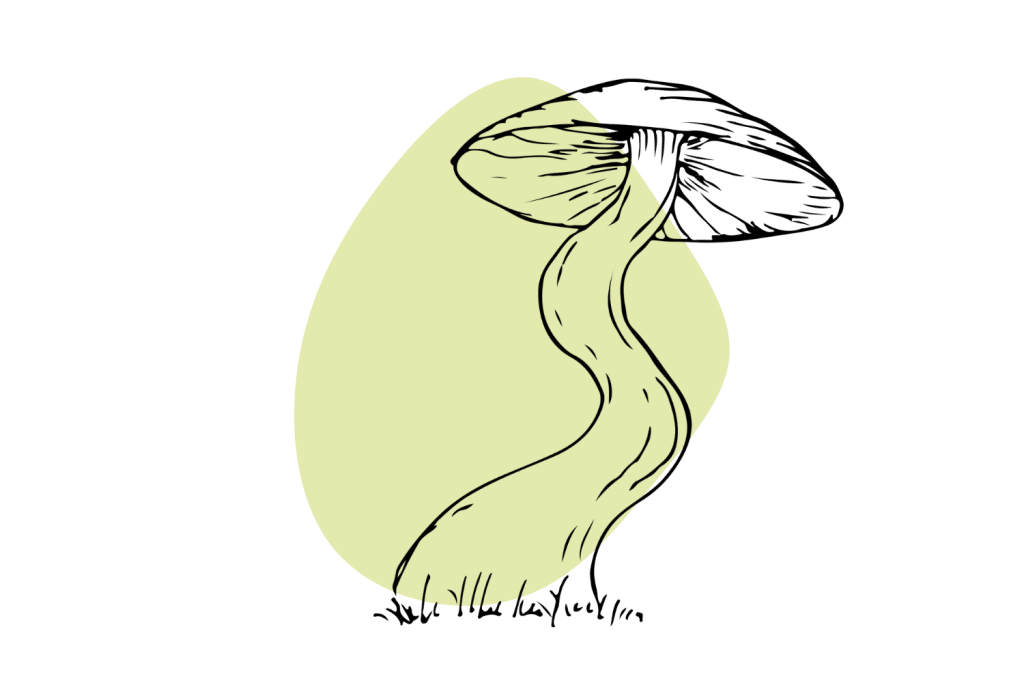
Only the Beginning
Somerville is located in Middlesex County. In its resolution to support the decriminalization of entheogenic plants, the City Council has called upon the Middlesex County District Attorney to “cease prosecution of persons involved in the use, possession, or distribution of entheogenic plants and the use or possession without the intent to distribute of any controlled substance.”
Ward 2 Councilor J.T. Scott says he is proud that Somerville is leading the way in decriminalizing entheogenic plants. Ward 4 City Councilman Jesse Clingan says the City Council is working to open a legal, safe consumption facility in Somerville.
“That’s pretty radical in terms of policies around addiction,” Clingan said. He added that he is hopeful there will be more ordinances forthcoming regarding decriminalizing all drugs.

